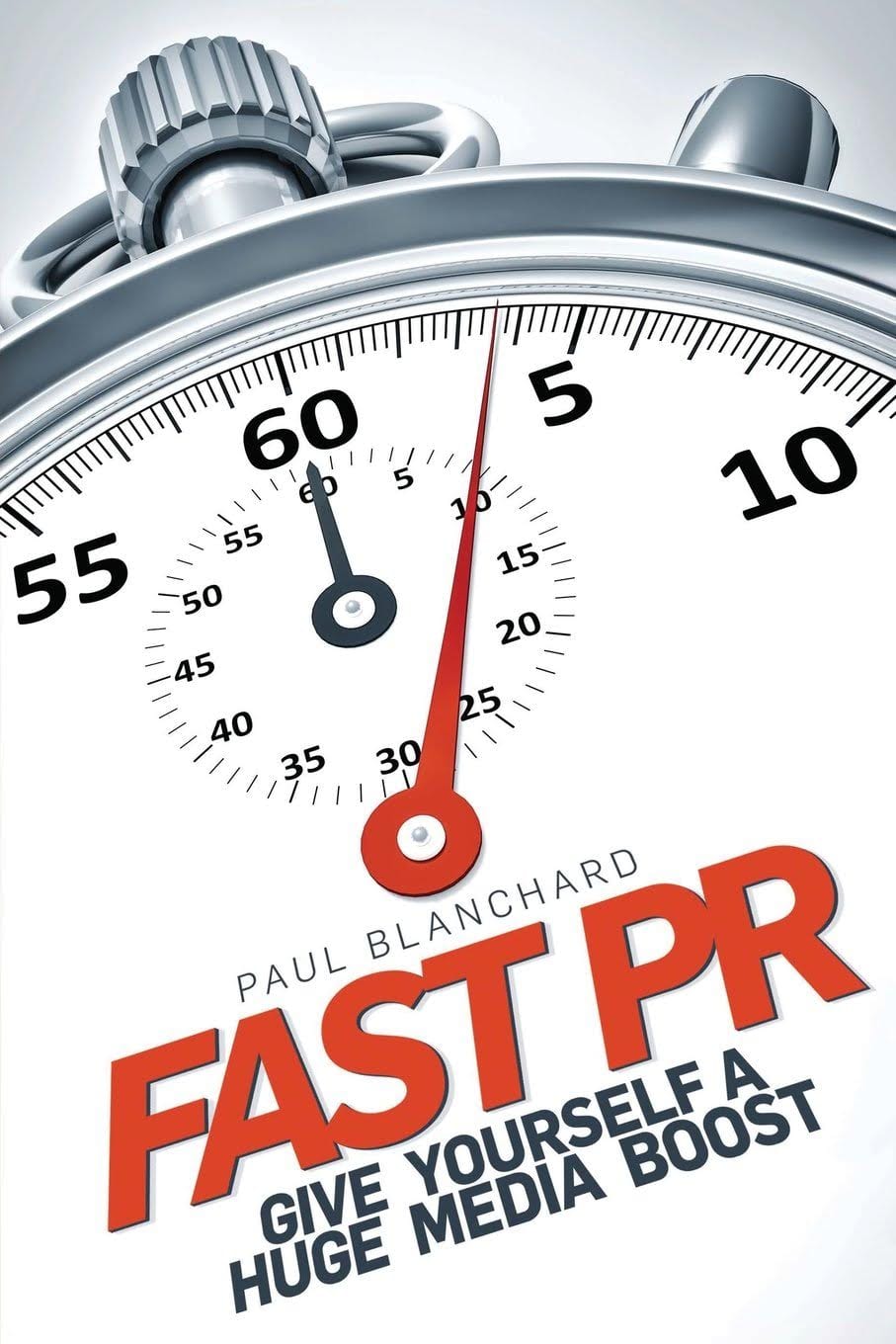Five Ways To Tackle a Crisis
Uber. United Airlines. Pepsi. Fox News. The White House — Crises happen. Sometimes they happen behind the scenes, and sometimes they morph into a fullblown, public mess. Whatever the nature of it, you have to act. If it happens behind the scenes, you have to think of how it could play out in the media and mitigate the possibility of further damage. But if it’s already out there, you don’t have much time to act, and act effectively. We’re seeing this play out day after day, with boards ousting reckless CEOs and Chiefs of Staff diving in to put out multiple fires.
A scandal can cost a legacy brand decades of hard-won prestige and send a start-up’s stock plummeting into the abyss. It can turn name recognition inside out and gut the reputation of your best people. Given our 24/7 digital environment, social media ensures that news of a crisis spreads with astounding, devastating speed. This is no time to sleep.
Here are 5 effective ways to tackle a crisis:
Prepare for it in advance.
That way you’re in control. You need to decide two things. First, who will be part of the team making decisions in a crisis? They need a way to dial in and huddle if the storm hits. And who is authorized to speak on behalf of the company? Managing the story is critical. You may have to actually tell the others not to speak to the media in the event of a crisis, and also tell them who is on the crisis list, or you may have someone step forward, thinking they’re doing you a favor when they’re not.
Get the facts straight and keep people informed.
The most important rule when dealing with a crisis is to talk about it in a calm and measured way. Make sure you have all the information before you make a statement and give journalists facts and timescales. If it is undeniably your fault, then say it’s your fault. Also make it clear exactly what you’re doing to resolve the situation. Keep the media, your customers and stakeholders informed. Do not make a statement, then disappear for two weeks. You must remain contactable, continue to respond promptly, and provide regular updates on your progress in resolving the issue.
Never say “no comment.”
If you say ‘no comment’ to a journalist, that’s exactly what they’ll print. And you’ll look like you’re confirming something, hiding something or just being arrogant. If you don’t yet have all the facts, give journalists a holding reply. Say you’re very concerned by the situation but you don’t have all the information; you’re going to make a statement later; thank you for your interest but you can’t speak now but you’ll get in touch later today.
Act fast.
Lawyers always want you to keep quiet. But ignore them. If you’ve got nothing to hide, saying nothing is a massive mistake that invites the media to run columns full of speculation about what happened. Instead, kill the speculation with facts — and fast. Speed is important in all aspects of your PR, but even more vital in a crisis. If a journalist emails questions, make sure you’re clear on the deadline and treat the questions as urgent. If the journalist doesn’t get a response from you in time, they’re going to print what they’ve got — which may well be the words of angry customers, outraged workers, or the lawyers. And by answering questions quickly, you may be able to kill the story entirely. The journalist will have an angle they want to run with, but your answers may cast serious doubt on whether this angle is viable, or even true.
An apology is not an admission of guilt.
Not only do lawyers want you to keep quiet, they also desperately don’t want you to apologize. But an apology is not an admission of guilt. There are many high-profile examples of where the story became the lack of an apology, rather than the crisis itself. There are times when apologizing is the sensible thing to do, and would not have caused the business any more trouble than they were already in. If you feel an apology is necessary, then you need to give one. We’re human beings, after all, not business robots concerned with liability and corporate politics. So own it, and do it right.
Here’s something else to bear in mind as you break into a sweat: things might not be as bad as you think. When you’re in the middle of a crisis it can feel like the apocalypse is coming. But most likely, you will turn it around. The vast majority of crises are handled well enough to turn them into a positive. So try to maintain some perspective. Think about what things will be like in two months’ time. Will anyone even remember this crisis? Will it really matter by then? Probably not: we’ll all be onto the next one. In the meantime, buckle your seatbelt, and keep hold of that steering wheel.

Guest Post By:
Paul Blanchard is the founder and principal consultant of Right Angles, a media consultancy based in London and New York. He’s also had an active career in politics for well over a decade and is a former parliamentary advisor whose 2005 campaign gained the largest vote increase in the country. He has a degree in Law, and Fellowships of the RSA, The Royal Institution, and the Institute of Leadership & Management. He presents the popular podcast series Media Masters, which has several hundred thousand listeners and is one of the most listened-to media podcasts in the world. His new book isFast PR: Give Yourself a Huge Media Boost (2017). Learn more at https://www.fast-pr.online/







